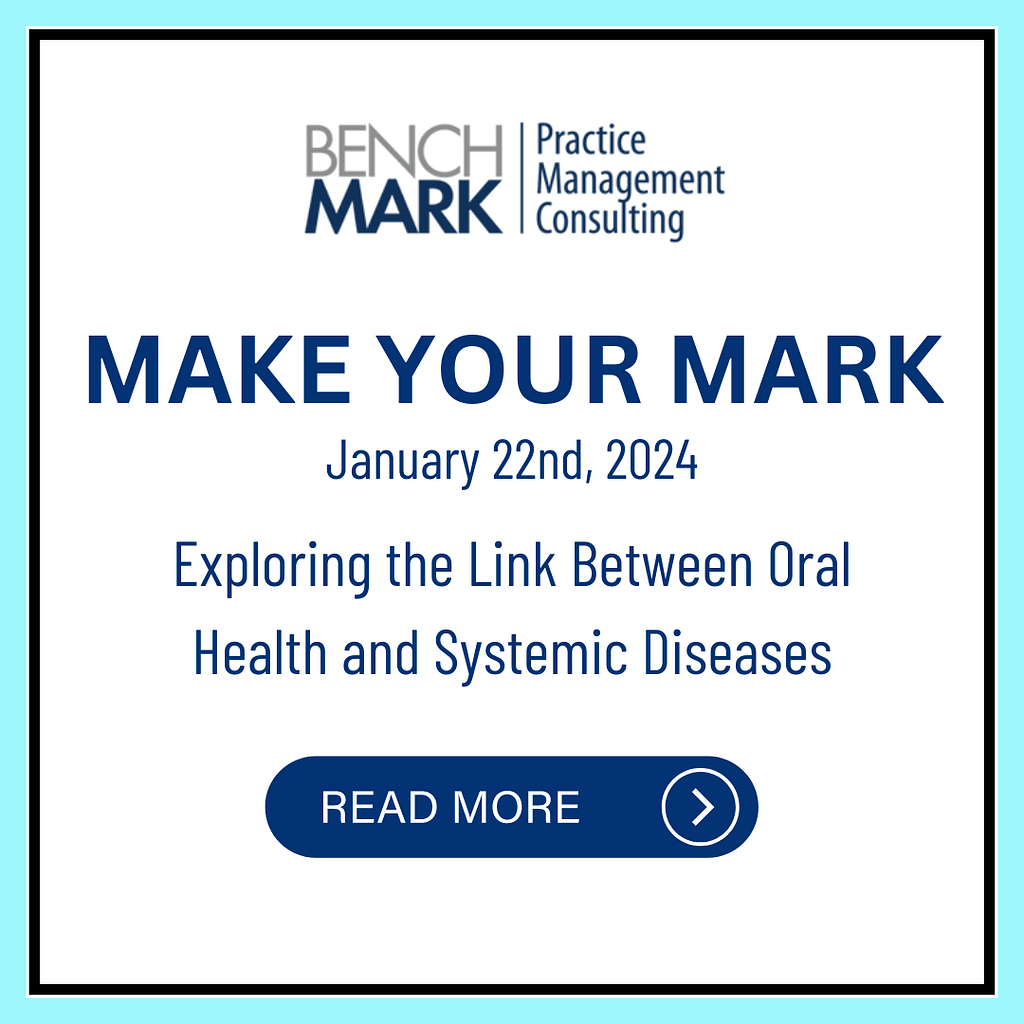In recent years, a growing body of research has pointed to a significant connection between oral health and systemic diseases. This emerging understanding highlights the role of dental health not just in maintaining a healthy mouth, but as a crucial component in overall health management.
Dentists are uniquely positioned to play a key role in detecting early signs of systemic diseases and advocating for holistic health practices.
Understanding the Oral-Systemic Connection
The mouth can be a vantage point for detecting early signs of systemic diseases. Conditions like diabetes, heart disease, and rheumatoid arthritis often manifest symptoms in oral health before they become apparent elsewhere in the body.
What about gum disease? Periodontal disease, in particular, has been linked to several systemic conditions. The inflammation and bacteria associated with gum disease are thought to play a role in exacerbating conditions like heart disease, stroke, and diabetes.
The Role of Dentists
Regular dental check-ups can help in early detection of systemic diseases. Dentists can identify symptoms like gum inflammation, dry mouth, or unusual oral lesions, which could be indicators of broader health issues.
Dentists have the opportunity to educate patients about the oral-systemic health connection. This involves discussing how good oral hygiene can contribute to overall health and advising on lifestyle changes to support this. This of course is the basics of dentistry, however as we progress forward we can all use a good reminder to review the basics.
Integrating Oral Health into General Healthcare
Building a network with general healthcare providers can facilitate a more integrated approach to patient care. This might involve sharing patient health information (with consent) and co-managing patients with chronic conditions.
Considering a patient’s overall health in dental treatment planning can lead to more comprehensive care. This might mean adapting dental treatments for patients with certain systemic conditions or providing specialized care for patients undergoing treatments like chemotherapy.
The Way Forward
Ongoing research into the oral-systemic health connection is essential. Additionally, dental professionals can play a vital role in advocating for policies and practices that recognize and support the link between oral and overall health.
Here are six ways to press forward:
Pioneering Research Initiatives:
To deepen the understanding of the oral-systemic health connection, dental research institutions can initiate or participate in studies that explore this link in greater detail. This can involve longitudinal studies tracking oral health and systemic disease correlations, or exploring genetic factors that might influence both.
Collaboration with Medical Researchers:
By collaborating with medical researchers, dental professionals can contribute to a more comprehensive body of knowledge. Joint studies with cardiologists, endocrinologists, and other specialists can provide multidisciplinary insights into how oral health impacts overall wellness.
Publication and Dissemination:
Publishing findings in both dental and medical journals can disseminate information widely within the healthcare community. Regularly presenting at conferences and seminars, both in the dental field and the broader medical community, can also spread awareness.
Policy Advocacy:
Engaging in advocacy to influence health policy is crucial. This might involve working with dental associations to lobby for better integration of oral health in general healthcare guidelines, or advocating for insurance policies that recognize the importance of dental care in preventing and managing systemic diseases.
The connection between oral health and systemic diseases is a vital area of focus in modern dentistry. Advocating the mouth as a gateway to overall health, dental professionals can contribute significantly to early disease detection and holistic health management.
This holistic approach not only enhances patient care but also underscores the importance of oral health in the broader healthcare landscape.




